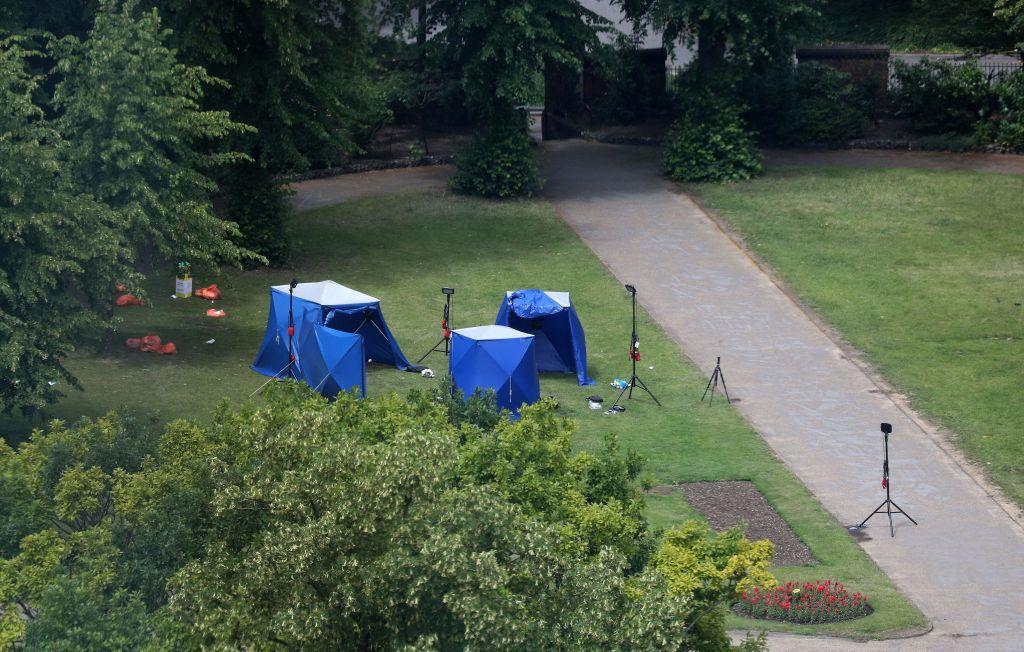The attacker who murdered three men in a park in Reading, UK, last summer was on Monday given a whole-life jail sentence without any possibility of parole or conditional release.
Khairi Saadallah, 26, stabbed James Furlong, 36, David Wails, 49, and Joe Ritchie-Bennett, 39, in Forbury Gardens on the evening of June 20 last year. Saadallah also seriously injured three other men who were in the park.




